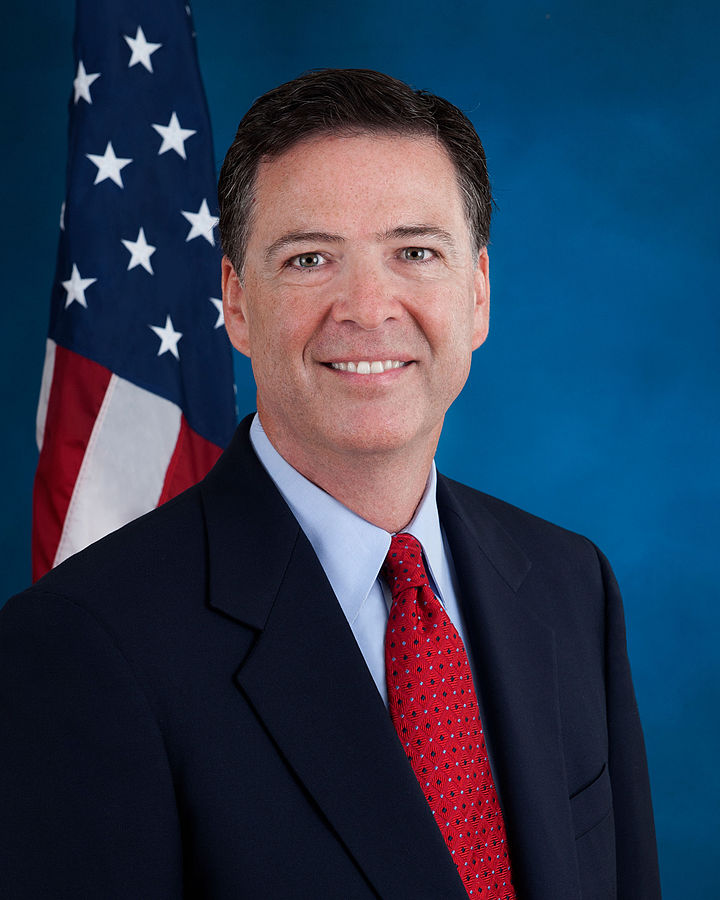FBI's James Comey Calls Wikileaks "Intelligence Porn," Dares To Define Journalism
The government's top domestic spook says that transparency is a bad, bad thing.

FBI Director James Comey is talking with the Senate Judiciary Committee about his bureau's investigation of ties between the Trump campaign and Russia.
Among the highlights? Comey's indignant attacks on Edward Snowden and Wikileaks:
Comey differentiated between WikiLeaks, an "important focus" of investigations, and legitimate news sources.
"It crosses a line when it moves from being about educating a public intelligence porn, just pushing out information…just to damage the United States," later adding, "There's nothing that even smells journalist about some of this content."
Comey said the focus of investigations would almost always fall on leakers during legitimate investigations.
Comey's comments on Wikileaks call to mind CIA head Mike Pompeo's attacks on the organization just a couple of weeks ago. "We can no longer allow [Julian] Assange and his colleagues the latitude to use free speech values against us," Pompeo declared in a speech at the Center for Strategic and International Studies. "To give them the space to crush us with misappropriated secrets is a perversion of what our great Constitution stands for. It ends now."
Let's be clear: No official should be in the business of defining journalism (and thus implicitly sanctioning government action against whistleblowers and other leakers). But it's especially hilarious when the head of the FBI, an agency that has a long history of patently illegal and typically ineffective subterfuge, gets on his high horse about what's legit media and what's not. In a four-year stretch, for instance, the FBI authorized criminal activity by confidential informants over 22,000 times. It's especially dark, too, when the FBI director is serving a president who has gone above and beyond in singling out specific individuals (such as Amazon's Jeff Bezos, who owns The Washington Post), calling for the "loosening" of libel laws regarding public figures and elected officials, and generally declaring war on the press. That Donald Trump is publicly at odds with Comey over the latter's refusal to recommend charges against Hillary Clinton only makes the spectacle even more bizarre.
Obviously, it's too much to ask U.S. officials to embrace Wikileaks and other sources that reveal the inner workings of the government, but there's no question that Wikileaks has forced transparency in ways that have greatly benefited the public.
Here's the livestream of the Senate's questioning of Comey:


Show Comments (33)